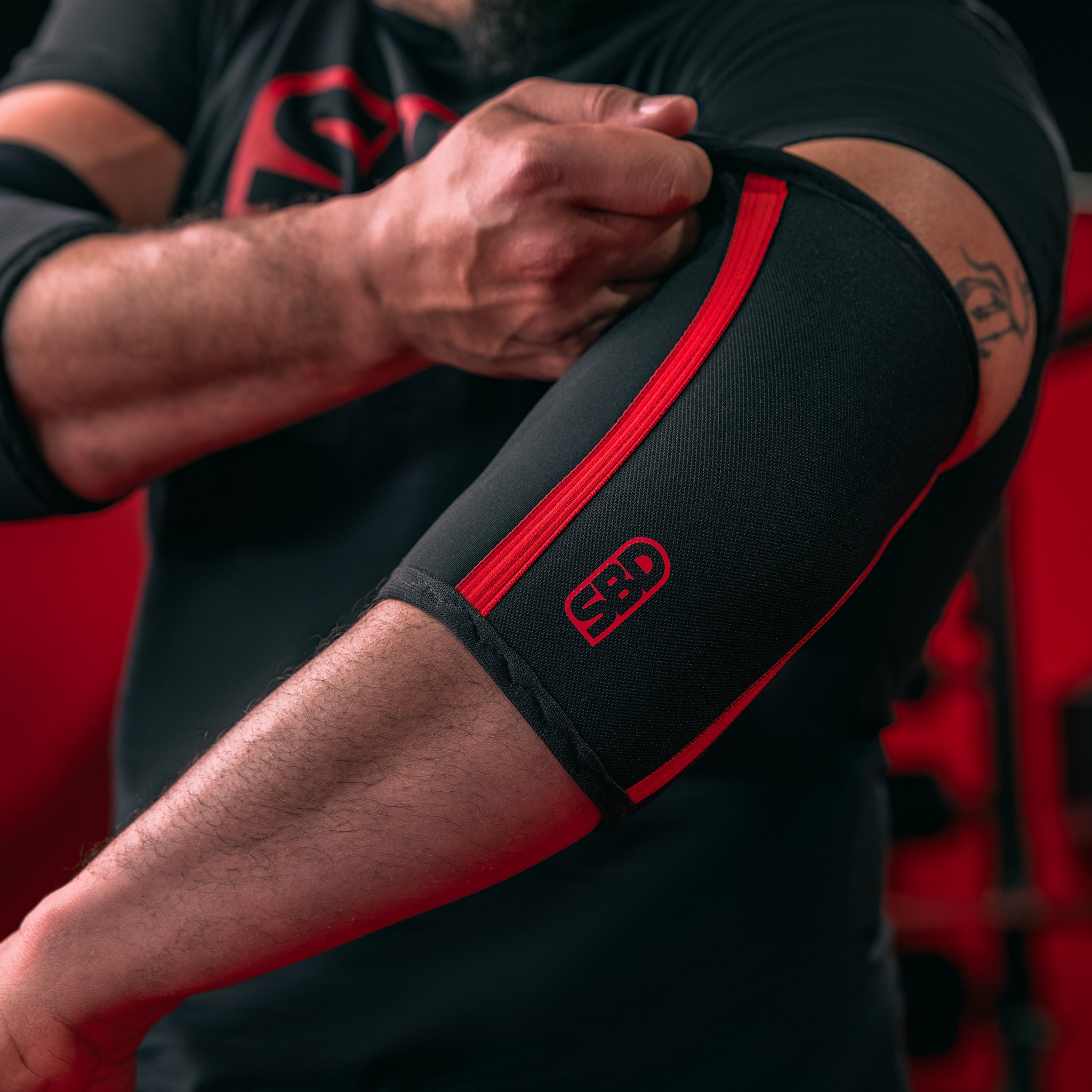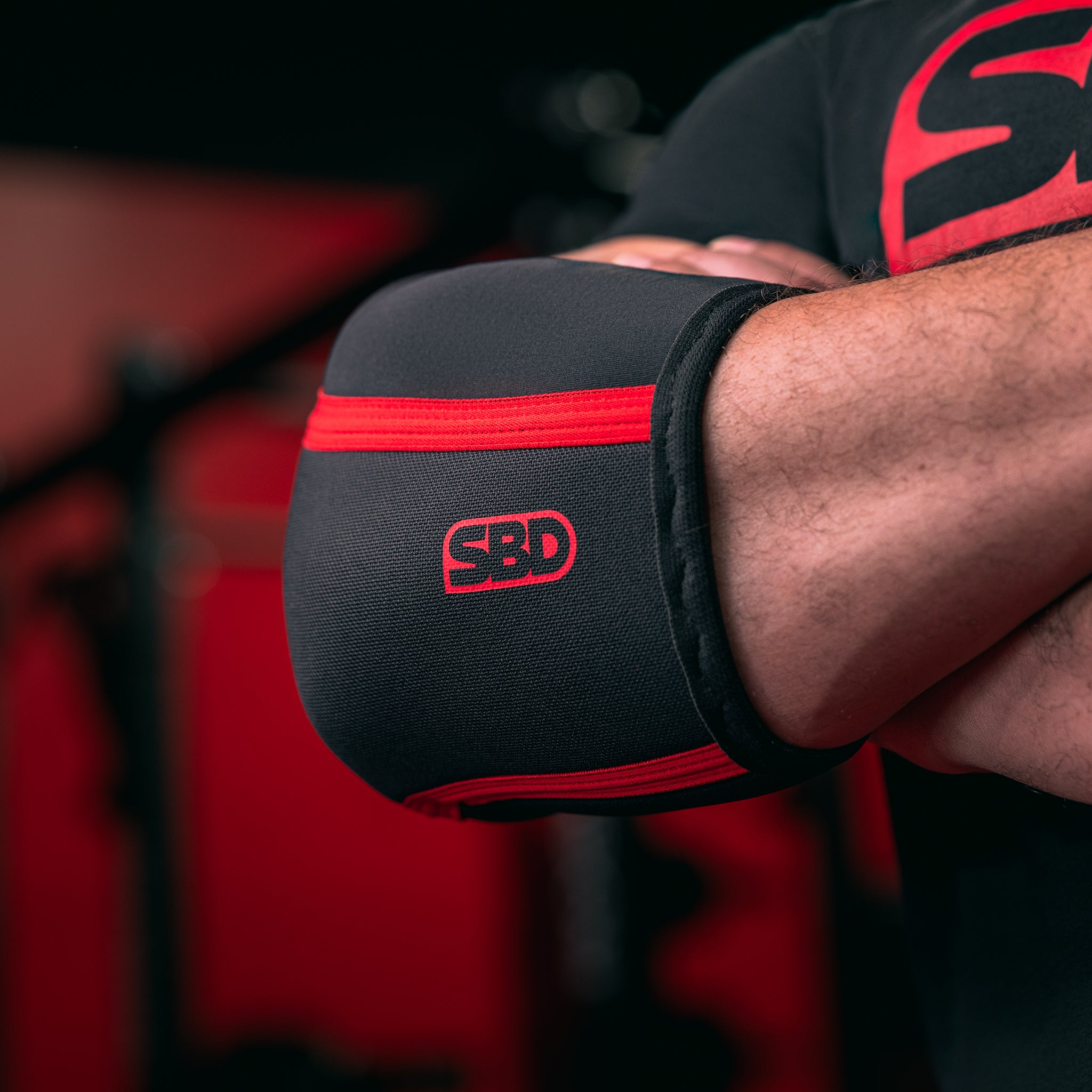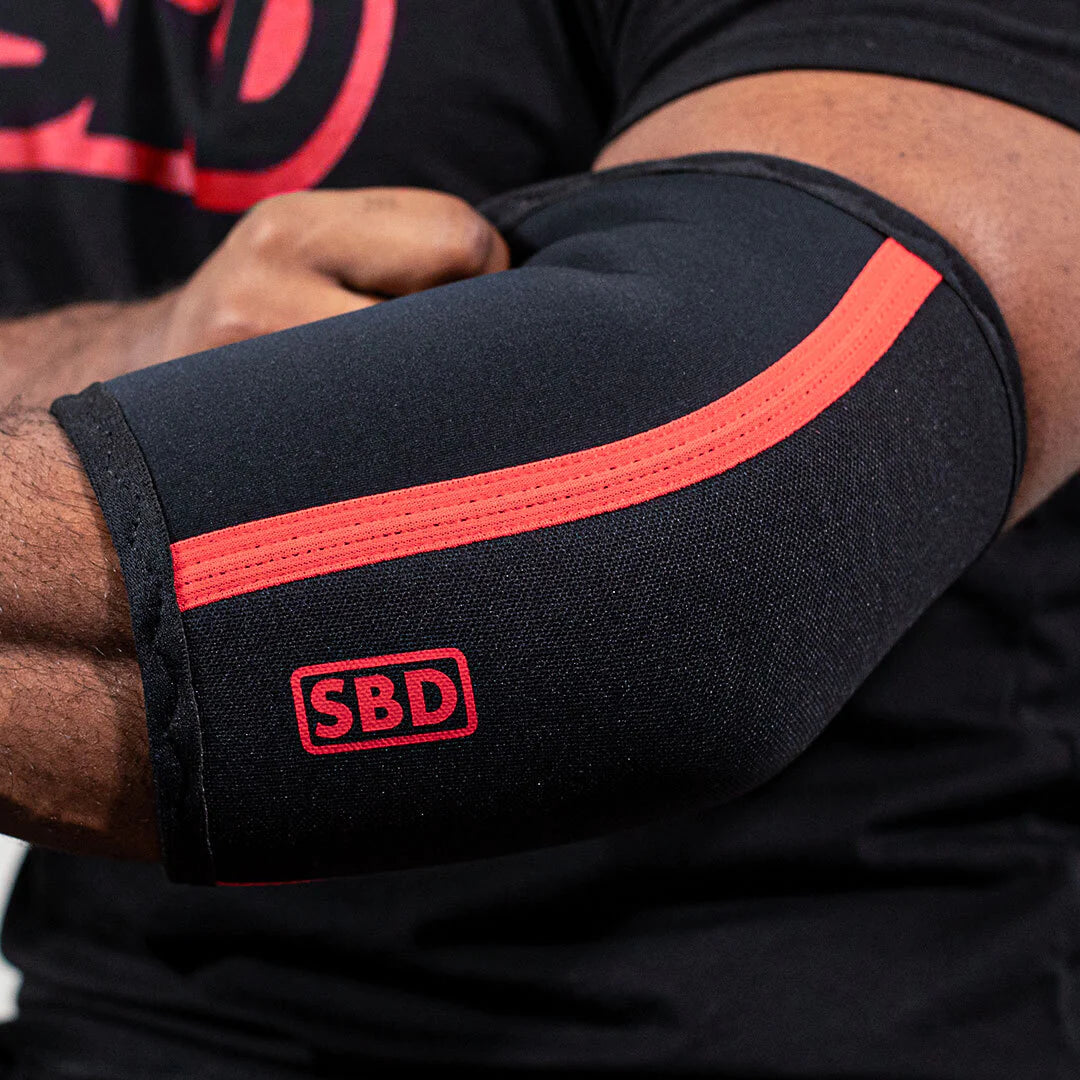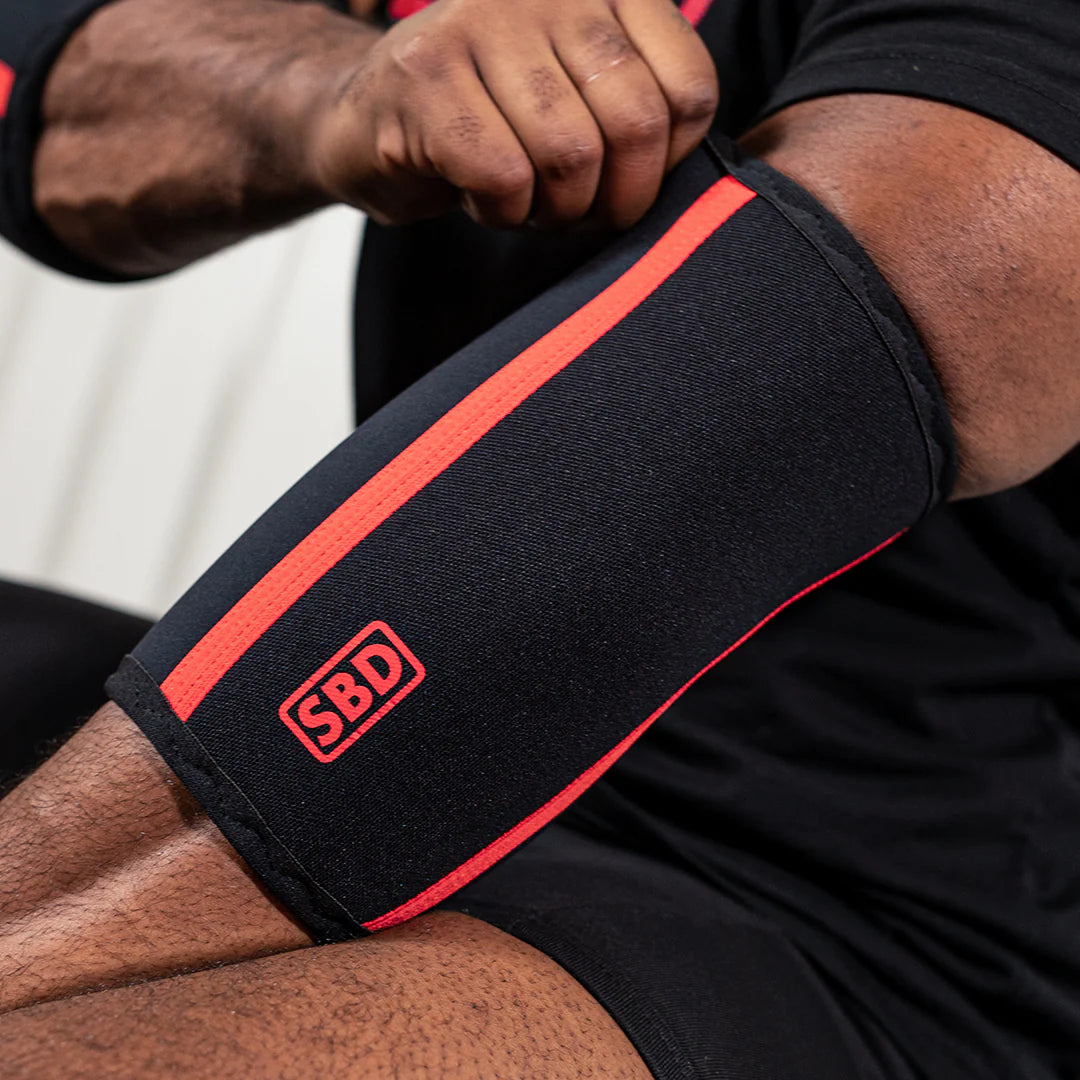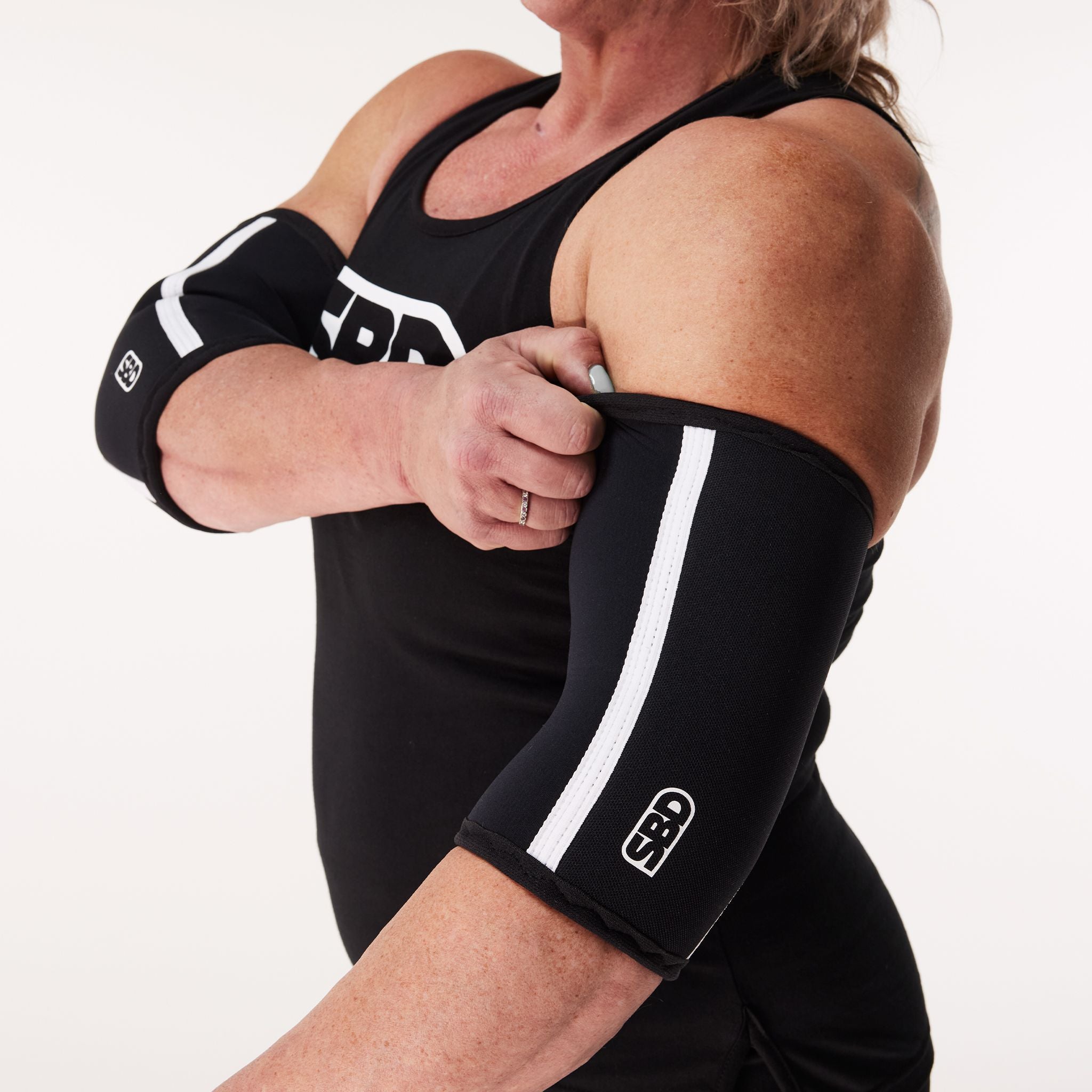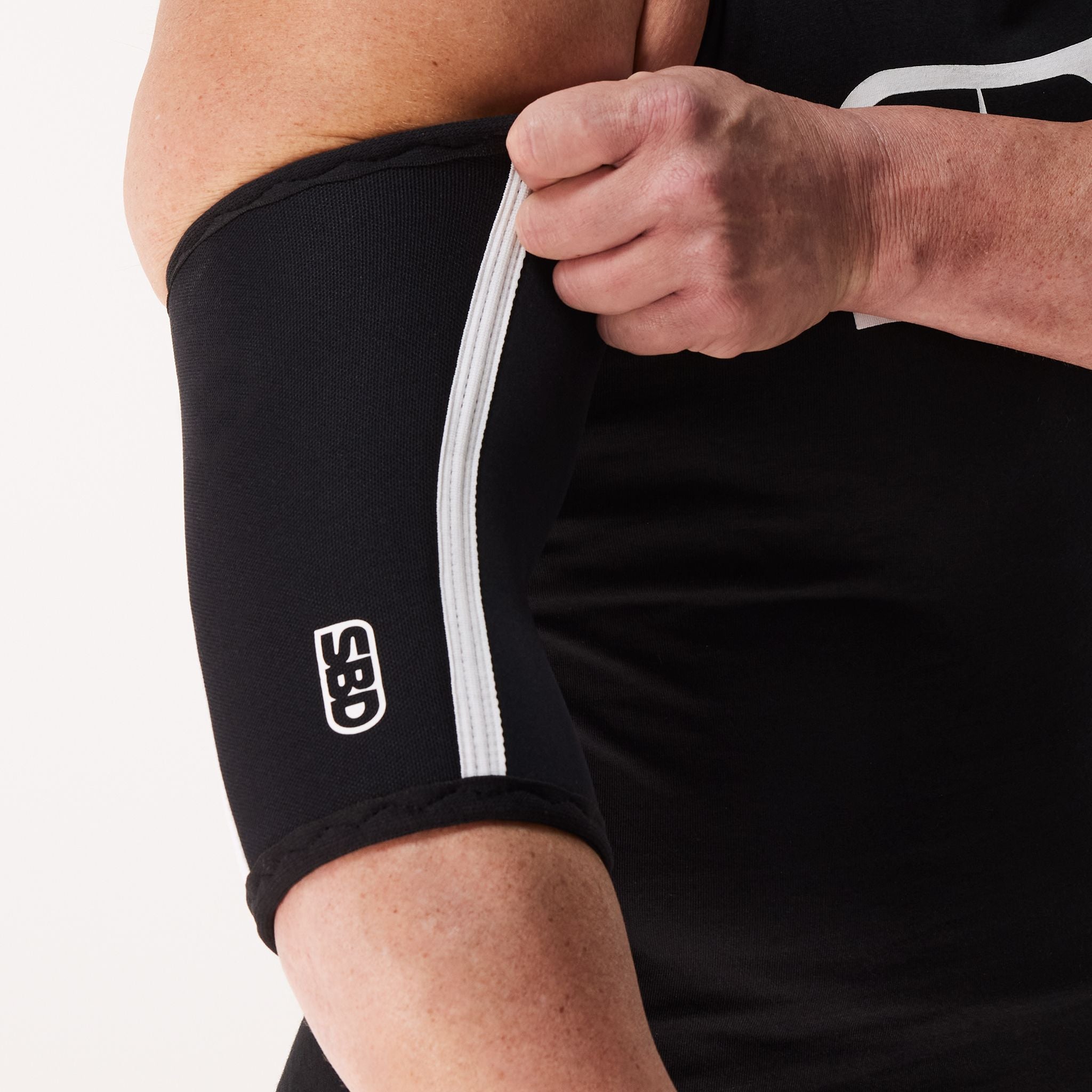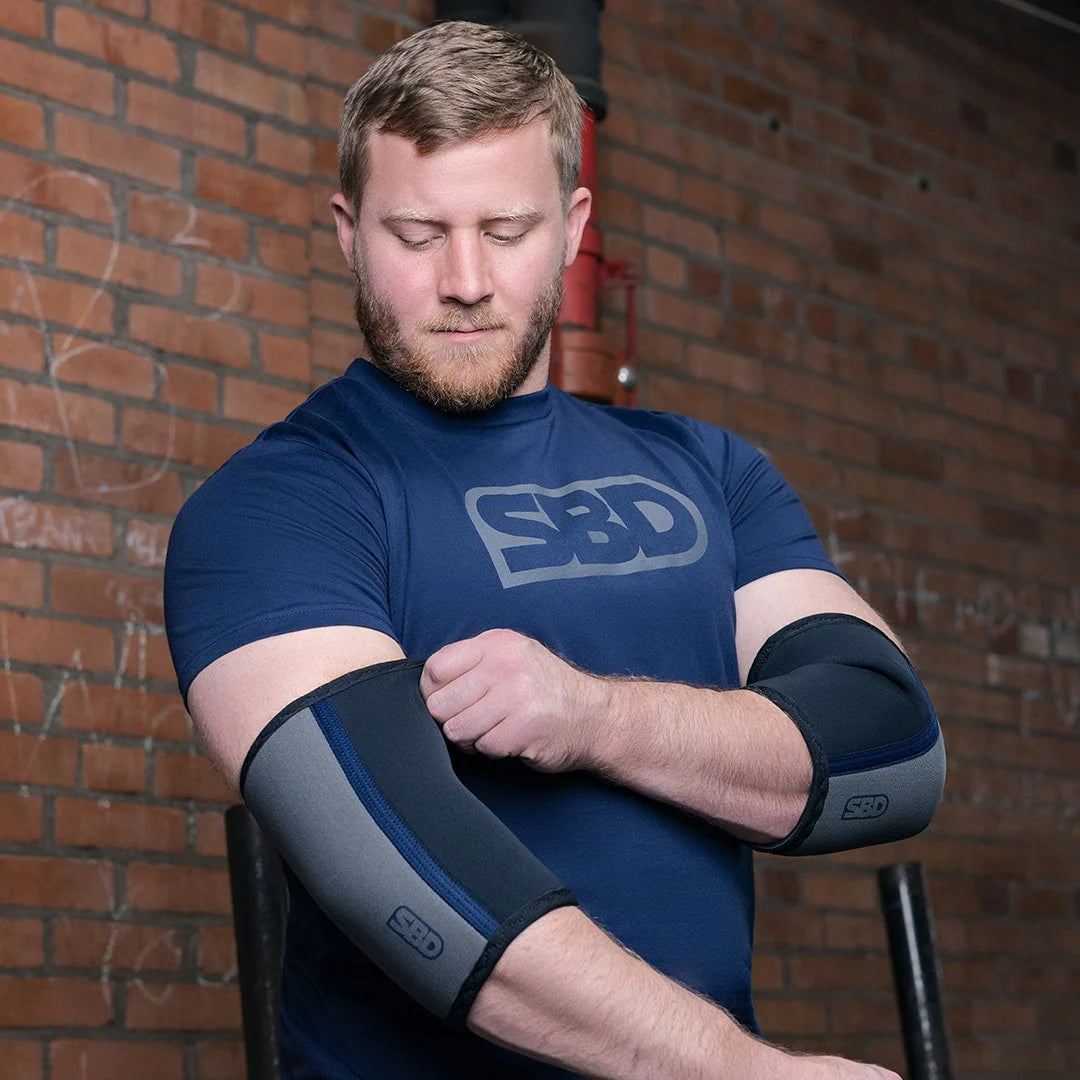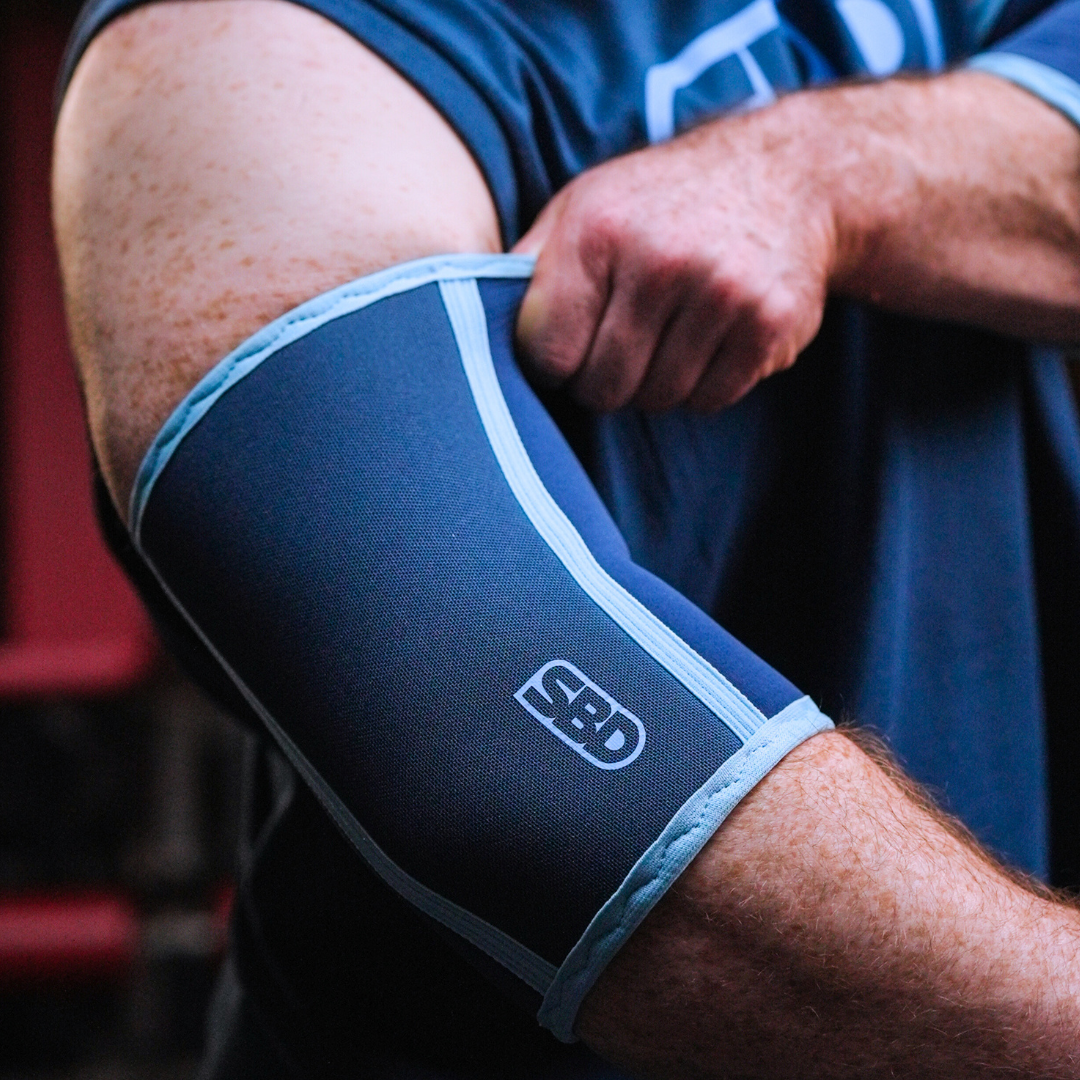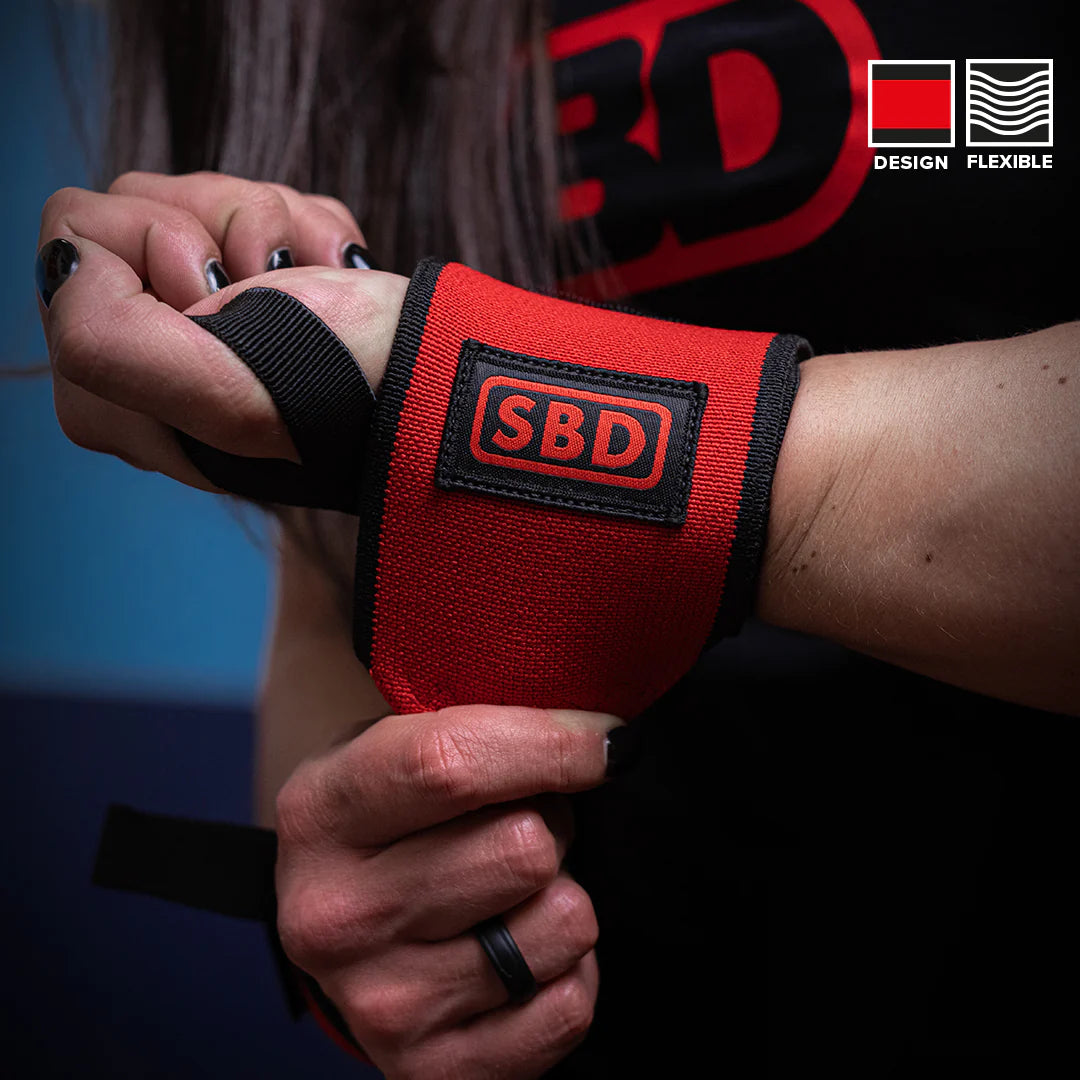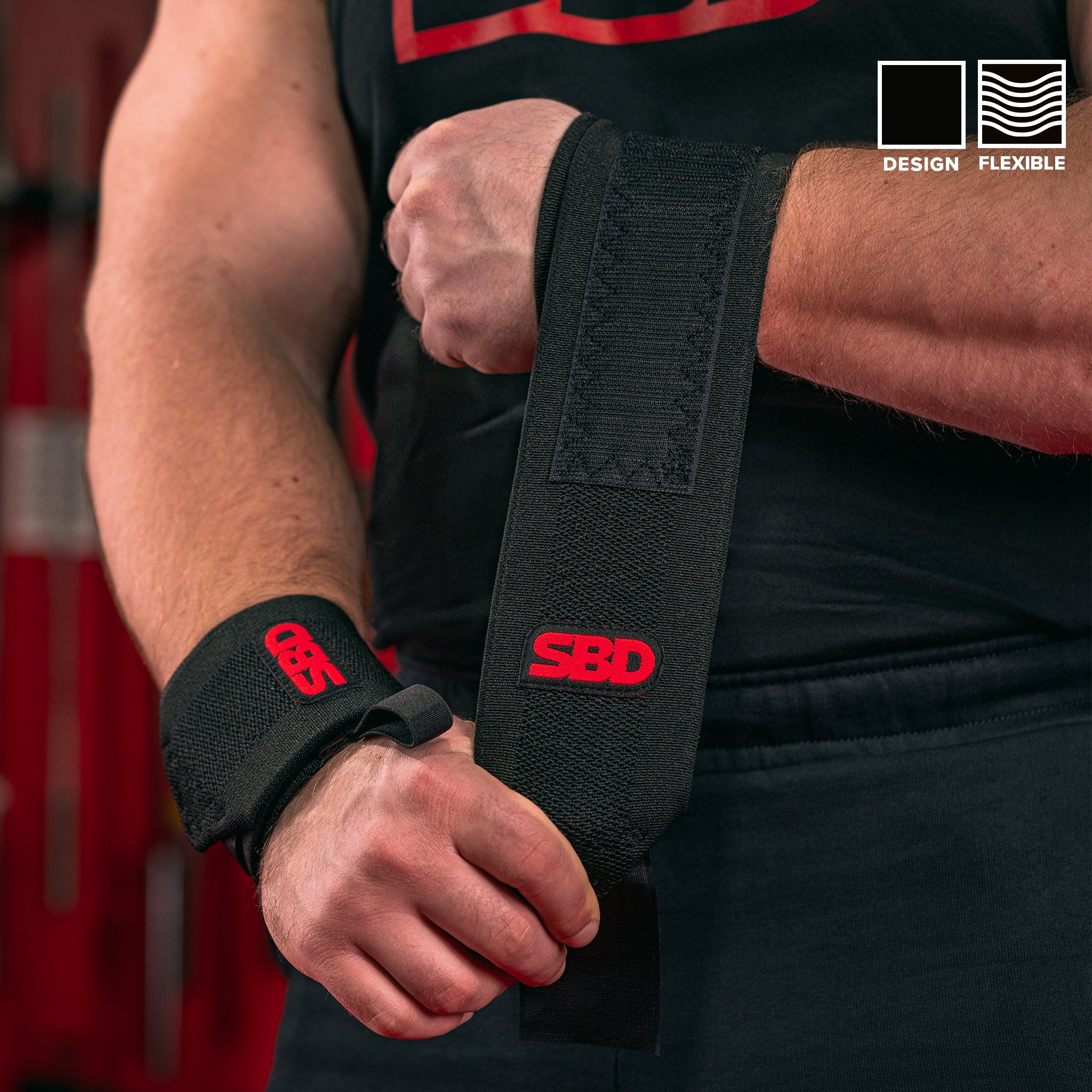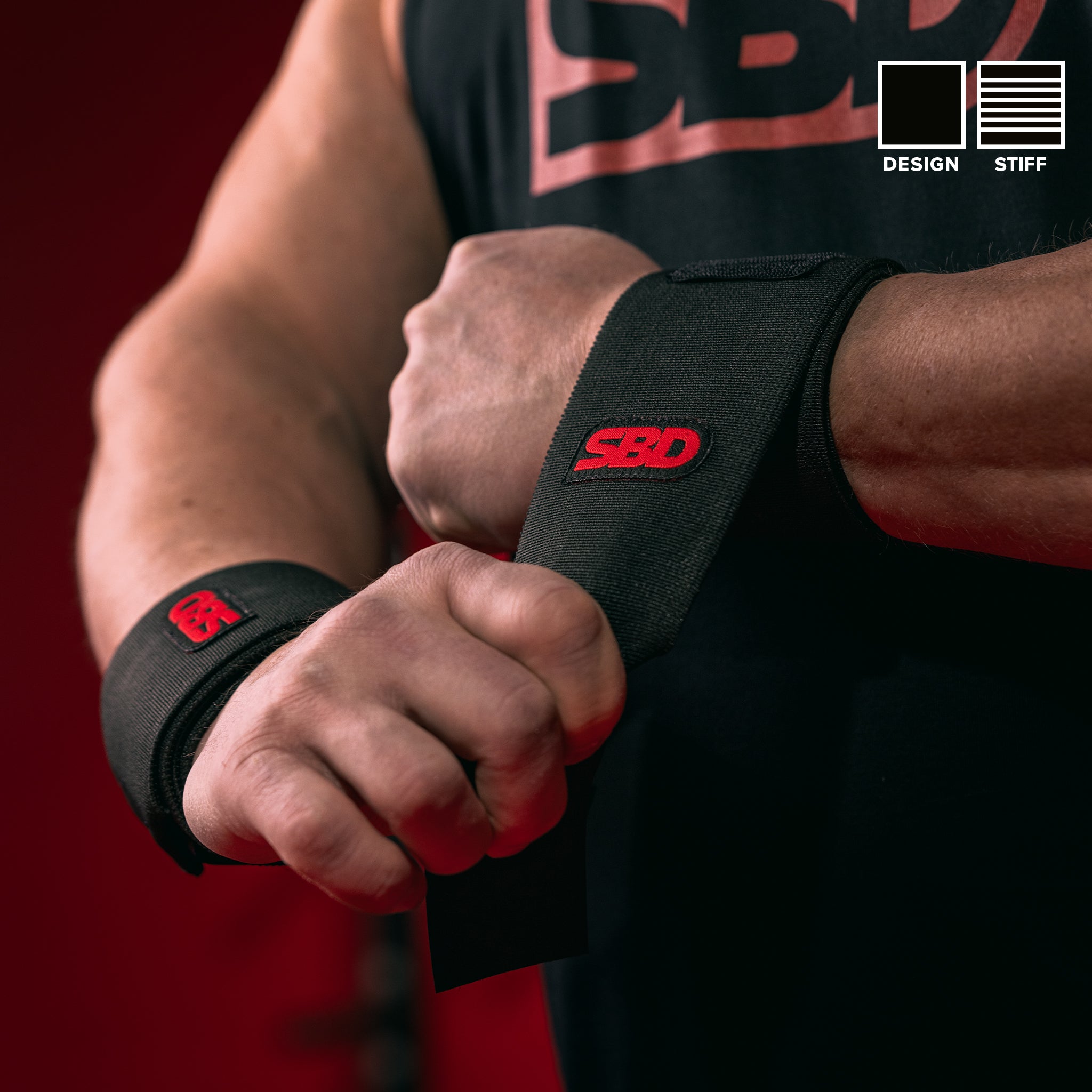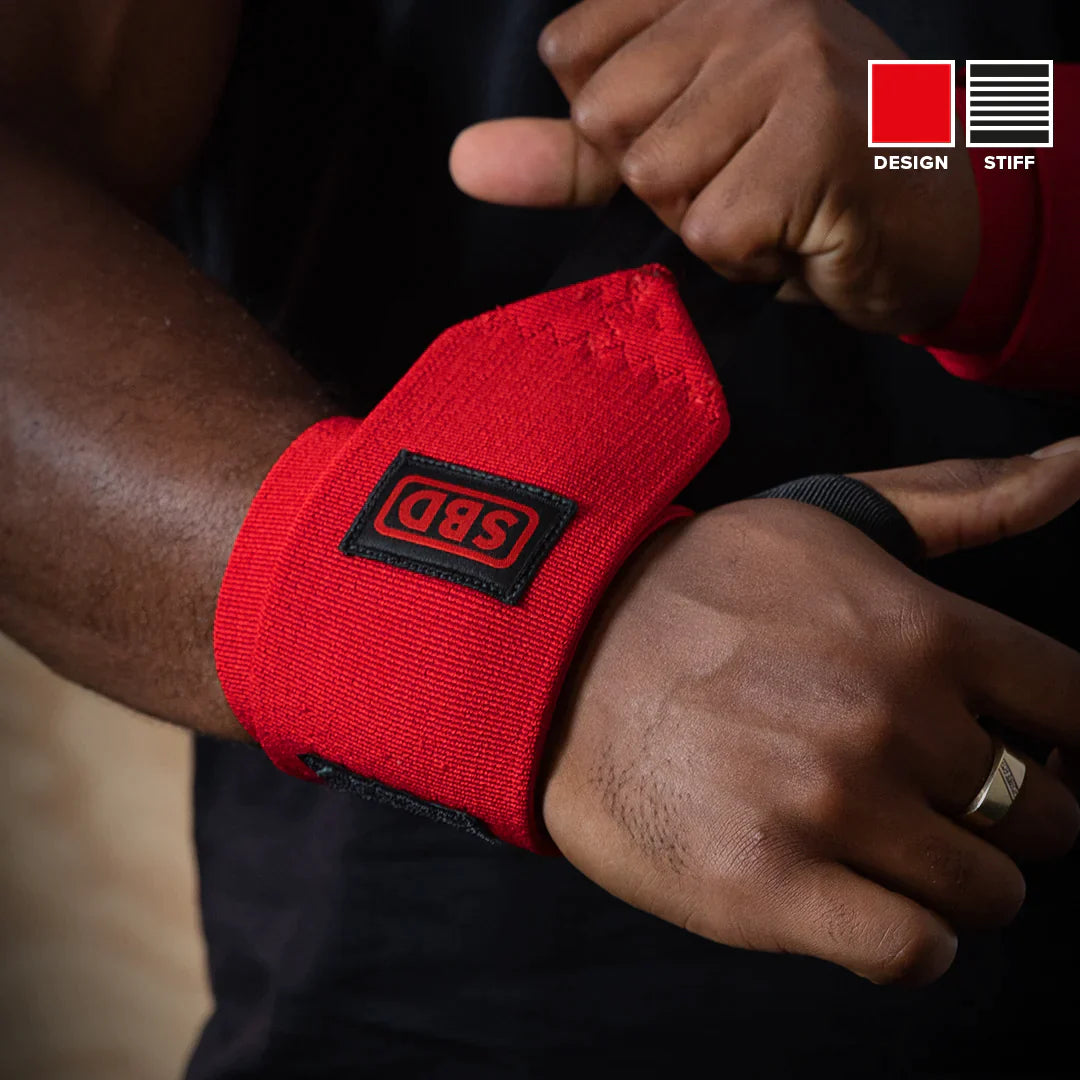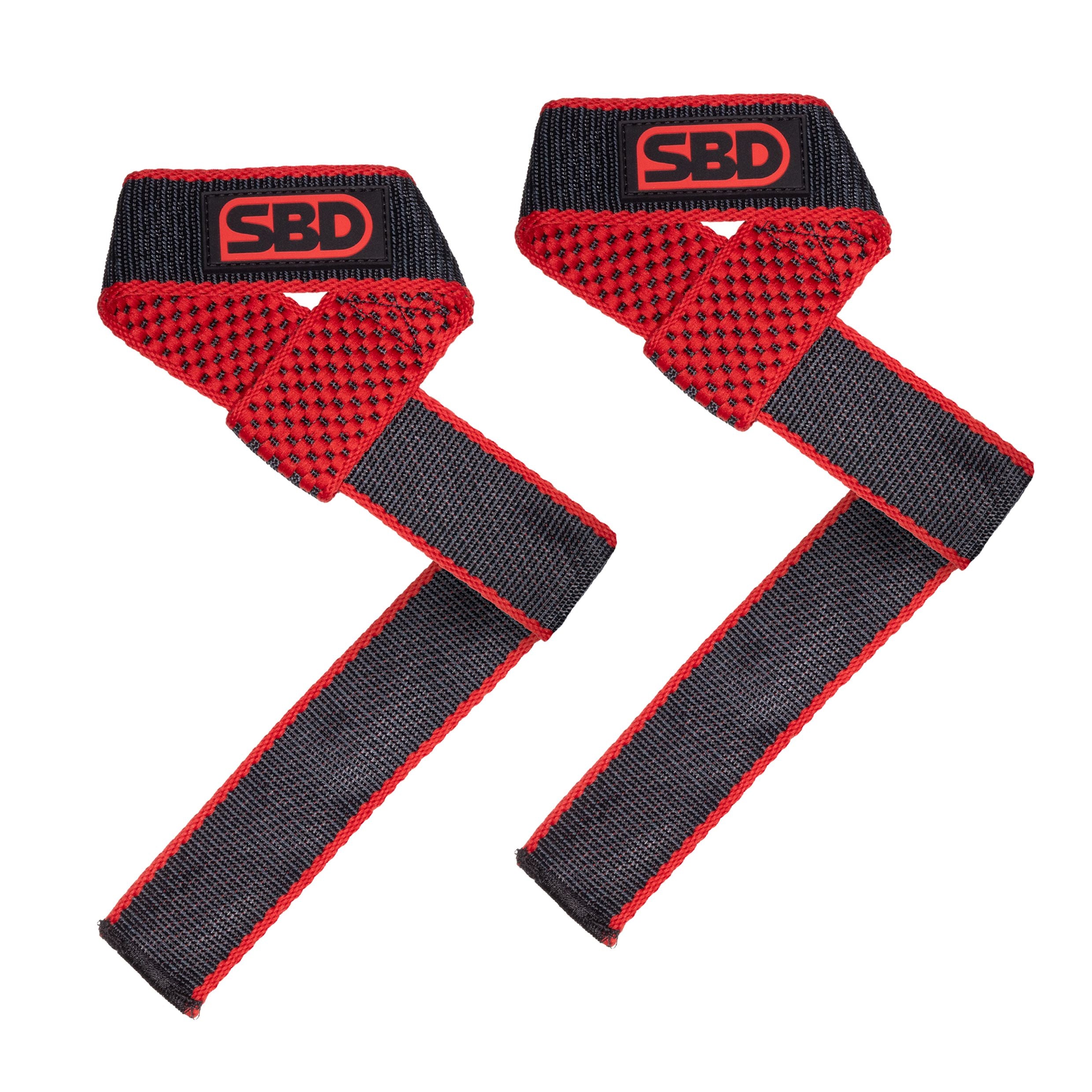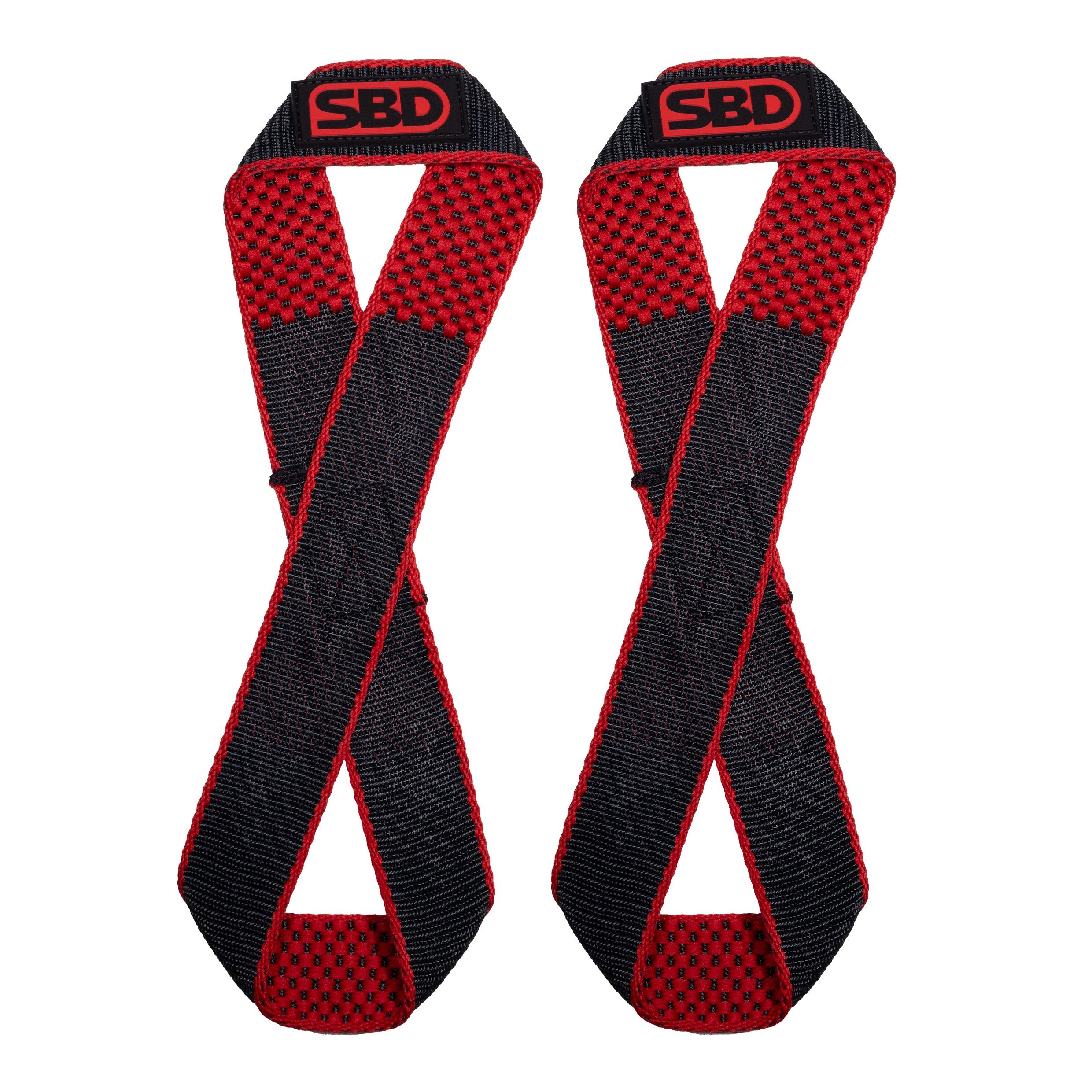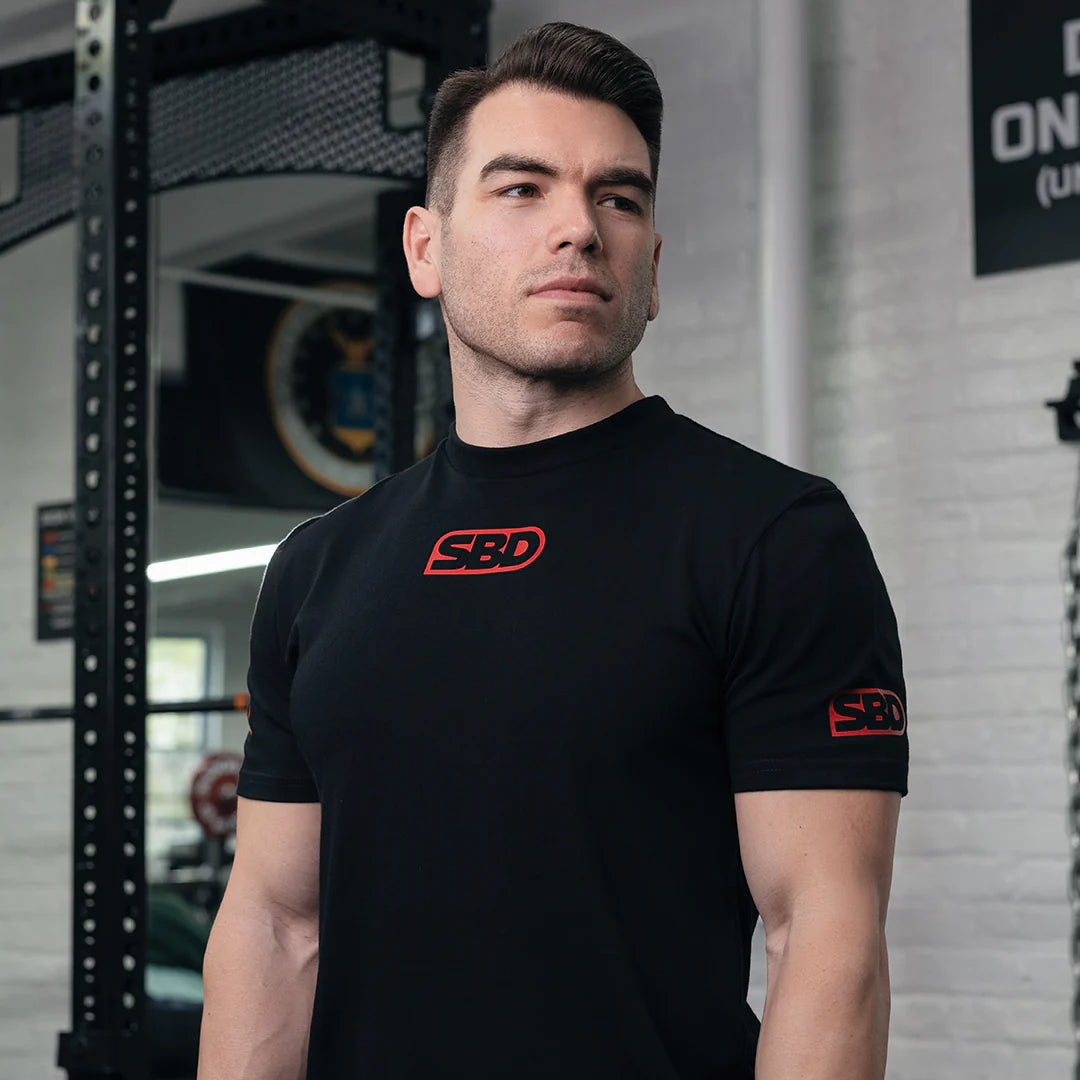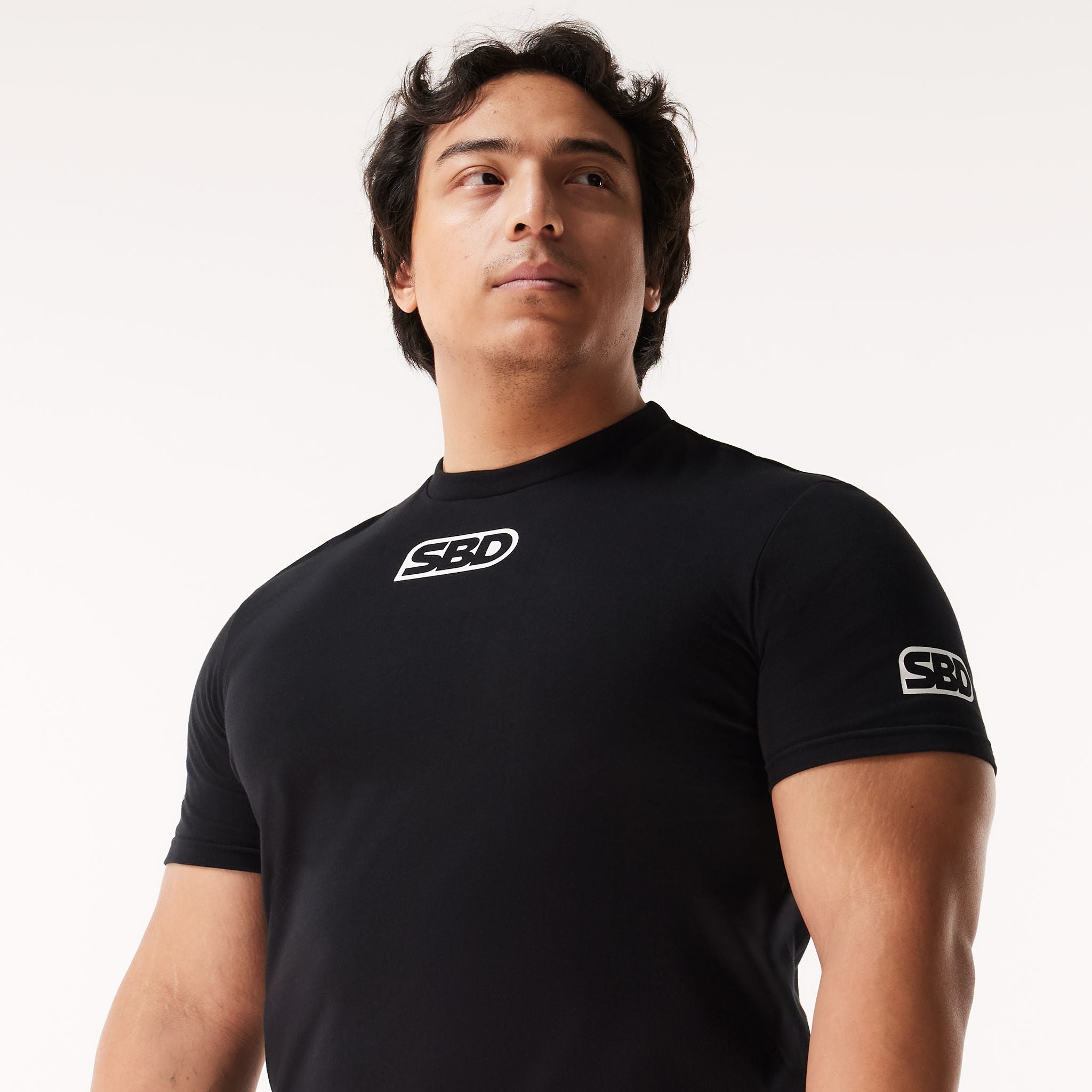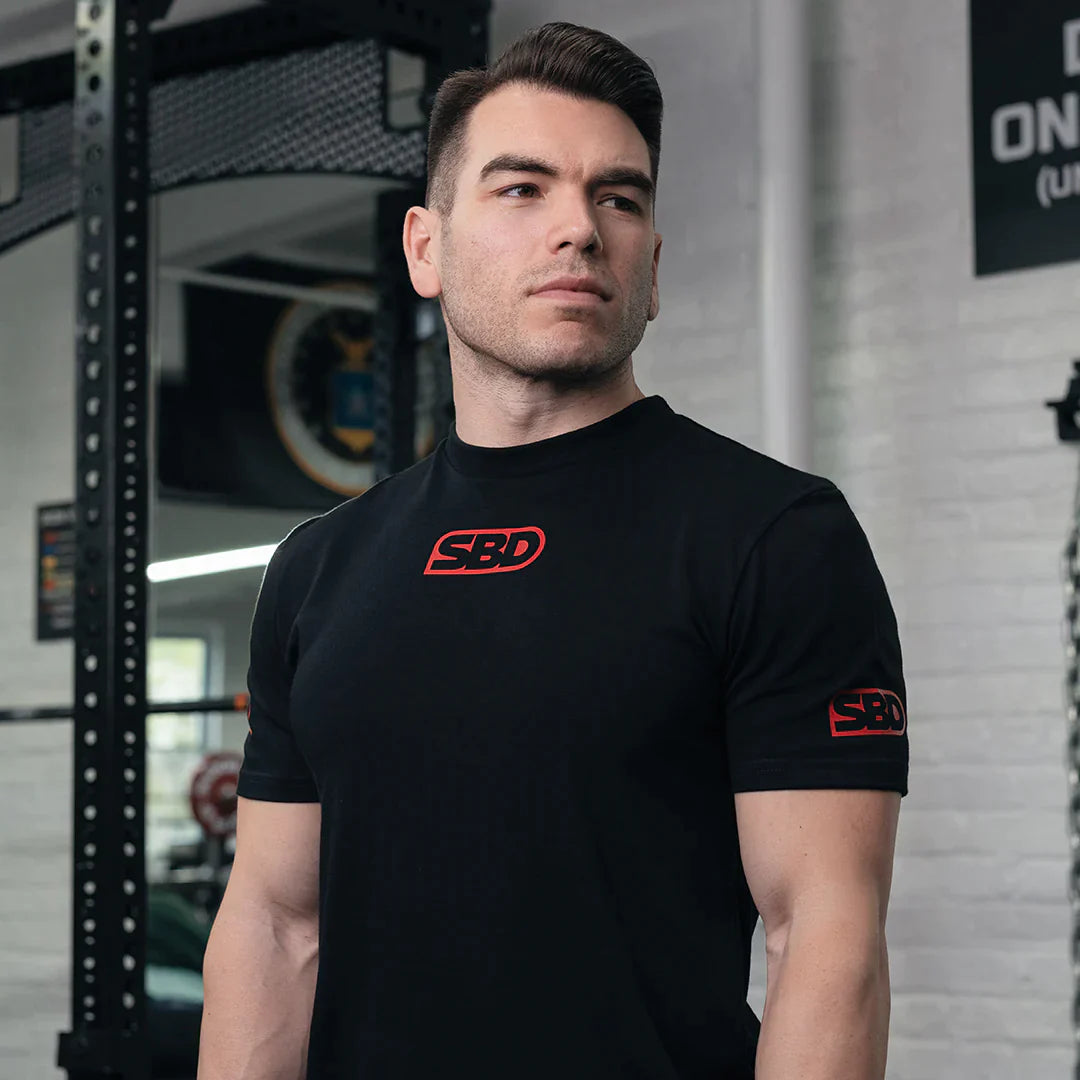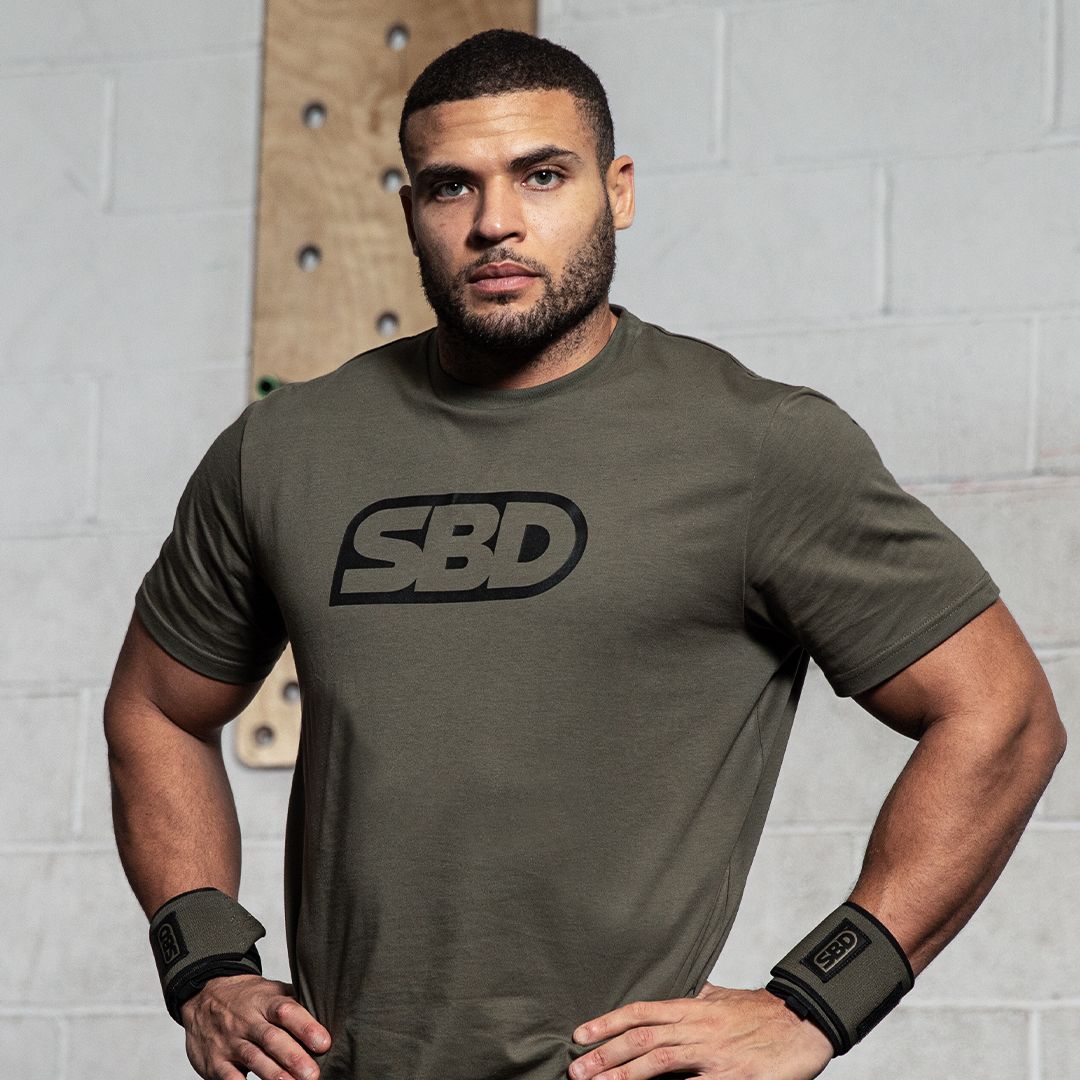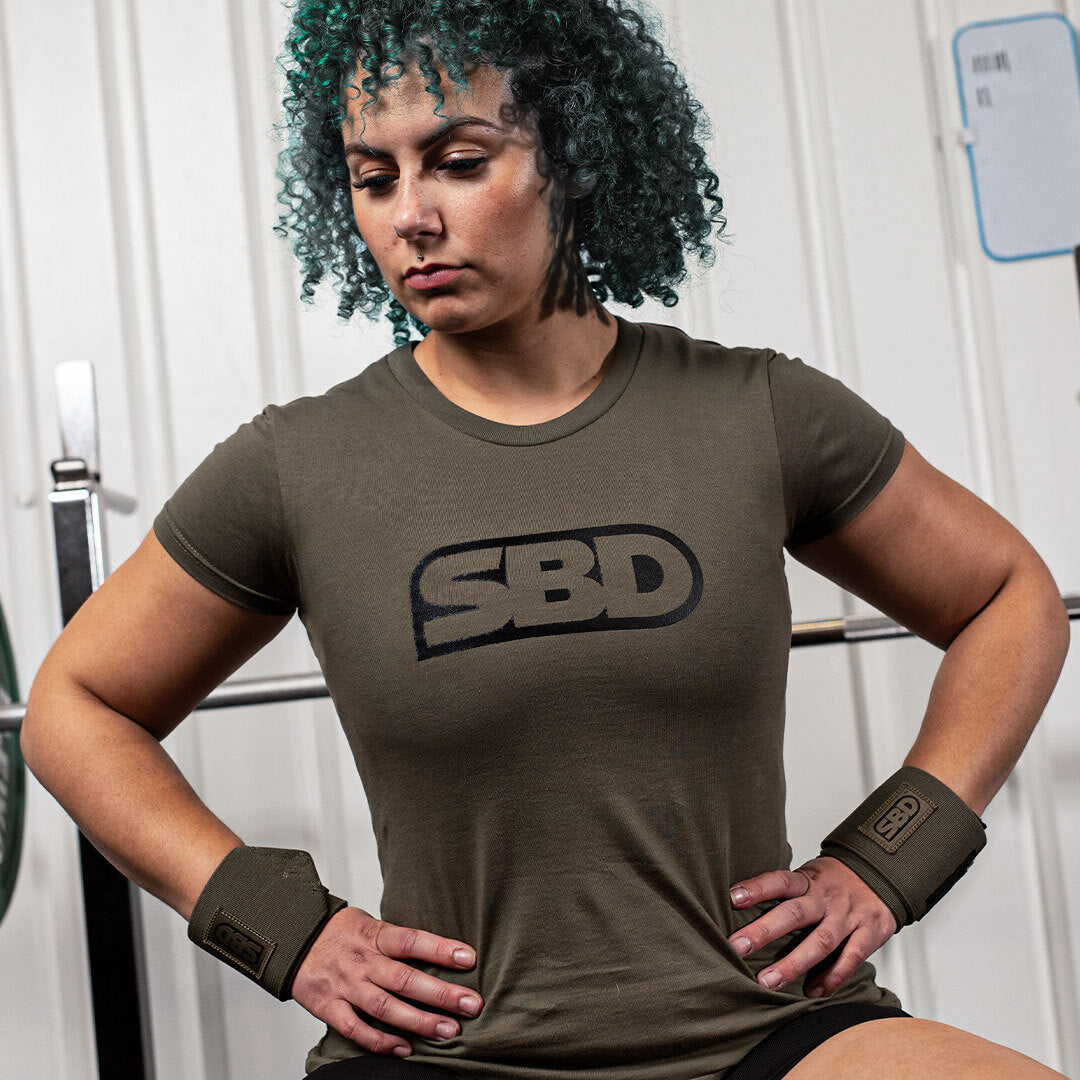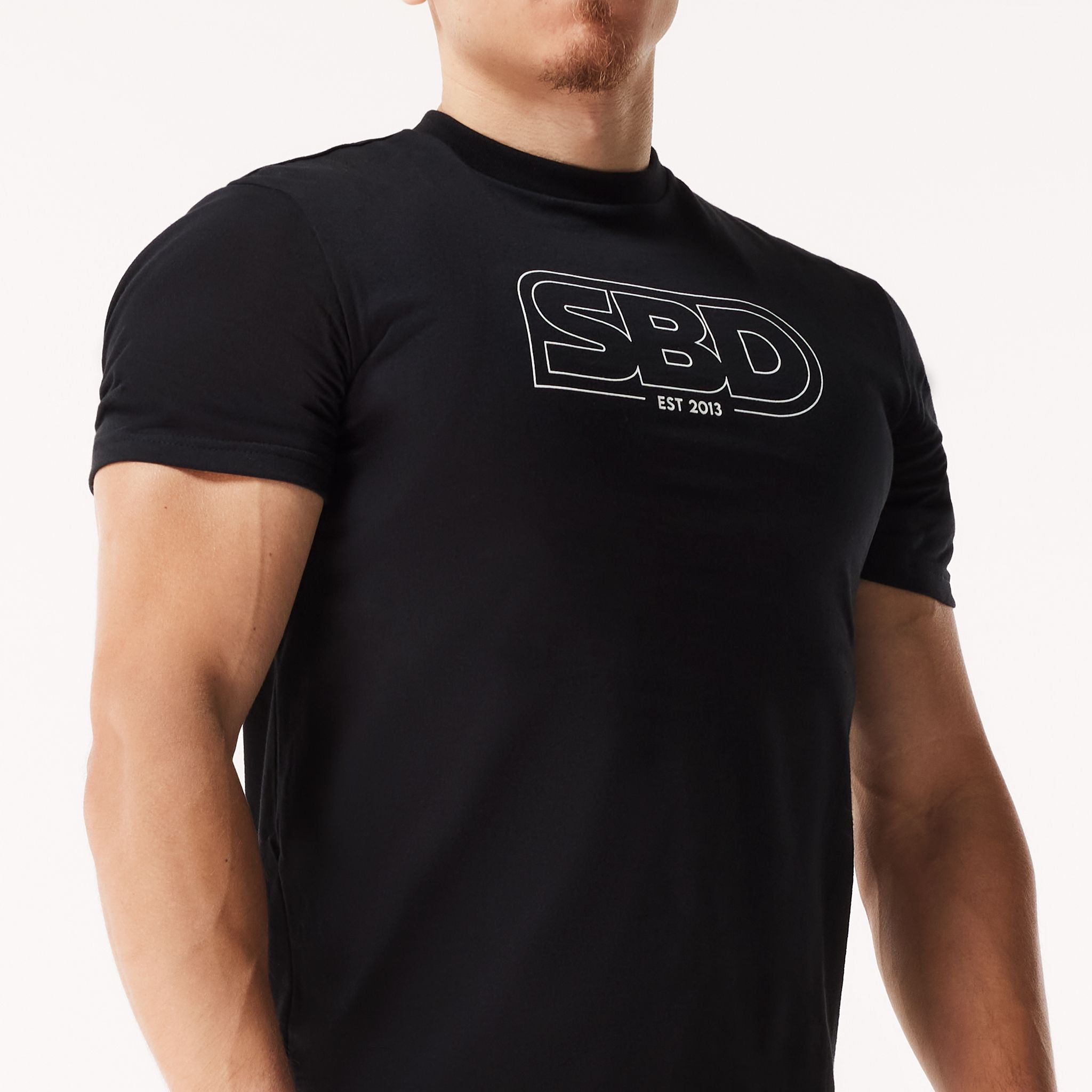Introduction to Bench Press Grip
When it comes to building upper body strength, the bench press remains a cornerstone exercise. However, most gym-goers overlook one critical component: the grip. It’s not just about how heavy you press; it’s about how you hold the bar. Understanding your bench press grip can help you unlock new strength levels while protecting your shoulders and wrists from unnecessary strain.
In this article, we’ll explore the science, techniques, and secrets behind mastering your bench press grip — whether you’re a beginner or an advanced lifter.
Why Grip Matters in Bench Press
Your grip is more than a formality. It’s a functional foundation that directly influences muscle activation, joint alignment, and lifting efficiency. Choosing the wrong grip could not only limit your gains but also put you at a greater risk of injuries.
Impact on Muscle Engagement
Different grip widths shift the emphasis to different muscle groups:
-
Wider grips tend to engage more chest muscles.
-
Narrower grips put more load on the triceps.
-
Neutral grips balance the load.
Joint Safety
Improper grip can overextend the shoulder girdle, leading to impingement or rotator cuff injuries. Your wrists also suffer if your grip isn't aligned properly.
Performance Efficiency
Grip affects your ability to generate force. An inefficient grip causes bar instability, wasted energy, and inconsistent reps — all of which stall progress.
Types of Bench Press Grips Explained
Each grip style serves a different purpose. Here's a detailed look at the most popular variations:
Standard Grip
The go-to grip for most lifters. Hands are placed slightly wider than shoulder-width.
Pros:
-
Balanced activation of chest, shoulders, and triceps
-
Suitable for beginners
Cons:
-
Doesn’t isolate any particular muscle group
Wide Grip
Hands placed significantly wider than shoulder-width.
Pros:
-
Greater chest activation
-
Shorter range of motion
Cons:
-
Higher stress on shoulders
Close Grip
Hands closer together, usually just inside shoulder width.
Pros:
-
Triceps-focused
-
Easier on shoulders
Cons:
-
Reduced chest engagement
Reverse Grip
Palms facing you instead of away.
Pros:
-
Unique activation of upper chest
-
Useful for those with shoulder issues
Cons:
-
Unnatural wrist angle
-
Requires a spotter for safety
How to Measure Your Ideal Grip Width
To find your optimal grip:
-
Lie on the bench as usual.
-
Lower the bar to your chest and stop when your forearms are vertical.
-
Mark that hand position — that’s your ideal grip.
Alternatively, use the 1.5 to 2 times shoulder width rule as a baseline and adjust based on comfort and goals.
Tips for Measuring Grip Width
-
Use gym chalk or tape as visual guides.
-
Video your lifts for feedback.
-
Test different grips with lighter weights.
Common Grip Mistakes to Avoid
1. Too wide or too narrow: This distorts natural movement paths and can lead to joint issues.
2. Thumb-over grip ("suicide grip"): Increases risk of bar slippage.
3. Misaligned wrists: Your wrists should stay stacked over elbows to avoid strain.
4. Uneven hand placement: One hand higher than the other can overload one side of the body.
Benefits of Using the Right Bench Press Grip
Using the correct grip unlocks a wide range of benefits:
-
Enhanced muscle recruitment
-
Improved force output and bar control
-
Reduced injury risk
-
Better posture and joint mechanics
-
More effective progressive overload
Best Bench Press Grip for Your Body Type
For Long Arms:
Close or neutral grip reduces strain on the shoulders and maximises triceps involvement.
For Short Arms:
A wider grip can shorten the range of motion and better engage the chest.
For Broad Shoulders:
Experiment with wide grip, but always test wrist comfort.
For Narrow Shoulders:
Stick to standard or close grips to maintain joint integrity.
Safety Considerations When Choosing a Grip
-
Always use collars on the bar to prevent weight shifting.
-
Warm up thoroughly before heavy presses.
-
If trying new grips, reduce weight temporarily.
-
Ensure a spotter is present when experimenting.
Advanced Tips for Improving Bench Press Grip Strength
-
Perform fat bar or axle presses to strengthen forearms and wrists.
-
Use tempo bench presses to develop stability.
-
Train grip directly with plate pinches or grip trainers.
Grip Training Exercises You Can Add to Your Routine
| Exercise | Benefits |
|---|---|
| Farmer’s Walk | Full-arm grip endurance |
| Wrist Curls | Builds wrist support |
| Plate Pinches | Thumb and finger strength |
| Dead Hangs | Passive grip endurance |
| Towel Pull-Ups | Simulates thick grip handling |
Equipment and Tools That Support Bench Press Performance
-
Lifting chalk: Improves hand friction
-
Wrist wraps: Helps maintain alignment
-
Fat Gripz: Adds variety and improves strength
-
Resistance bands: Add dynamic tension
-
Bench blocks: Shortens ROM for lockout training
Frequently Asked Questions
Q1: What’s the safest grip for beginners?
A standard grip is ideal as it provides a balance between muscle groups and minimises joint stress.
Q2: Is close grip better for chest growth?
No, close grip primarily targets the triceps. For chest growth, a wider grip is more effective.
Q3: Can I change my grip during sets?
It’s better to stay consistent during a single set to maintain proper form and engagement.
Q4: Is the reverse grip safe?
It can be, but it requires a spotter and careful form. Best suited for advanced lifters.
Q5: How often should I change grip types?
Every 4–6 weeks, or as part of a programmed variation to prevent plateauing.
Q6: Do wrist wraps help with grip?
They support the wrist, especially under heavy loads, but won’t increase grip strength directly.
Conclusion
Mastering your bench press grip isn’t just a small tweak — it’s a game-changer. The right grip optimises muscle engagement, protects your joints, and propels your progress like nothing else. Whether you're chasing a new PR or just want to lift smarter, make grip part of your focus — and feel the difference from the very next session.




